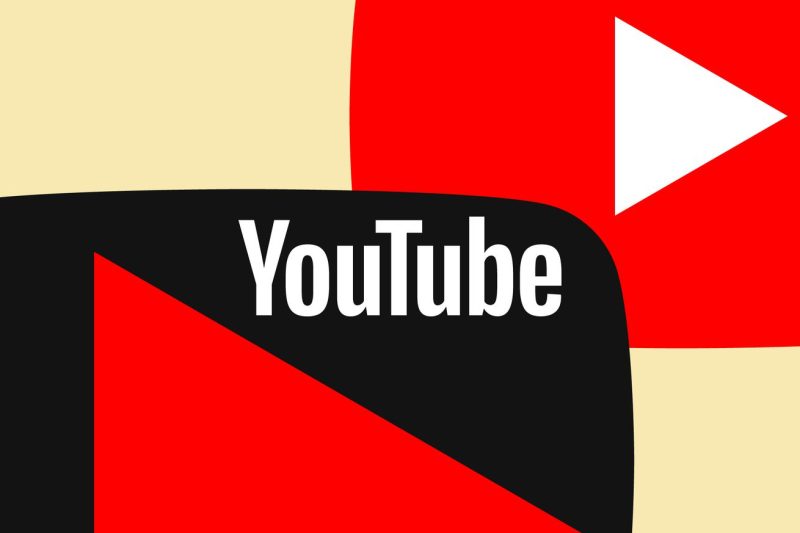In recent news, YouTube has pulled songs from popular artists such as Adele, Nirvana, and others due to a dispute with SESAC. This move has left many music enthusiasts and content creators concerned about the impact on their ability to use these songs in their videos.
SESAC, a performance rights organization, represents a wide range of artists and songwriters. According to reports, SESAC was unable to reach a licensing agreement with YouTube, leading to the removal of songs from its repertoire on the platform.
For content creators and YouTubers who rely on these songs to enhance their videos, this development poses a significant challenge. Many creators use music as a tool to set the tone, create atmosphere, and engage their audience. The absence of popular tracks like those by Adele and Nirvana could potentially limit the creativity and impact of their content.
Moreover, the removal of these songs may also have financial implications for content creators. Music plays a crucial role in monetizing YouTube videos, as it can attract more viewers and increase engagement. Without access to popular songs, creators may see a decrease in their earning potential and overall reach.
On the other hand, this dispute underscores the complex nature of music licensing in the digital age. As streaming platforms like YouTube continue to grow in popularity, the issue of securing proper licenses for music use becomes increasingly important. Artists and rights organizations like SESAC are rightfully seeking fair compensation for the use of their work on these platforms.
While the removal of songs from artists like Adele and Nirvana is disappointing for fans and content creators, it is essential for all parties involved to work towards a resolution that ensures fair compensation and proper licensing agreements. As the digital landscape continues to evolve, finding a balance between protecting artists’ rights and enabling creative expression will be crucial for the future of music on online platforms.
